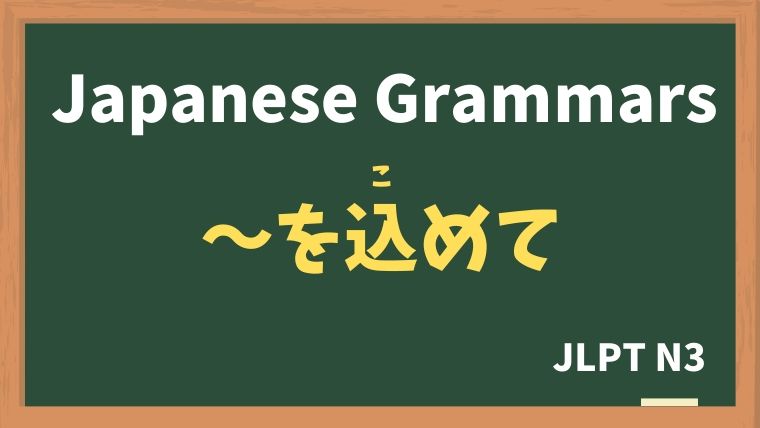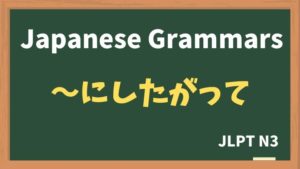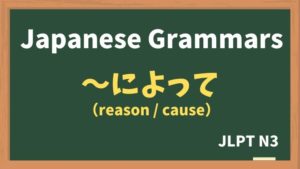
Explanation:〜を込めて
fa-check-circleMeaning
"〜をいれて/〜といっしょに:with"
Used to indicate that an action or object is filled with a certain feeling, emotion, or intention.
fa-check-circleForm
N + を込めて
N:感謝(ありがとうの気持ち)、愛、心、怒り、願い、力、etc
fa-check-circlePoints
- Expressing Emotion or Intention: "〜を込めて" is used to show that an action is done with a particular emotion or that something is imbued with a specific feeling or thought.
- Attaching to Nouns: This expression is typically attached to a noun that represents the emotion or intention being conveyed.
- Common in Gestures or Creations: It's often used when talking about actions like giving gifts, writing letters, or creating something with heartfelt emotions.
fa-check-circleJLPT Level
N3
Sample sentenes
先生に感謝の気持ちを込めて、手紙を書きました。
I wrote a letter to my teacher with gratitude.
いつも頑張っている父に、ありがとうの気持ちを込めてプレゼントを贈ります。
I will give a present to my father, who always works hard, to express my gratitude.
私は毎日、愛情を込めて、息子の弁当を作っています。
I make my son's lunch every day with love.
私の店の商品はすべて、職人が心を込めて手作業で作っています。
All the products in my store are handmade by craftsmen with great care.
もっと力を込めてバットを振ってください。
Swing the bat with more power!
心を込めて料理を作った。
I cooked the meal with all my heart.
Vocabulary
| Japanese |
English | |
| 感謝 | かんしゃ | gratitude |
| 贈る | おくる | to give a gift |
| 愛情 | あいじょう | affection |
| 職人 | しょくにん | craftsman |
| 手作業 | てさぎょう | hand work |
| 力 | ちから | power / strength |
| - | バット | baseball bat |
| 振る | ふる | to swing |






